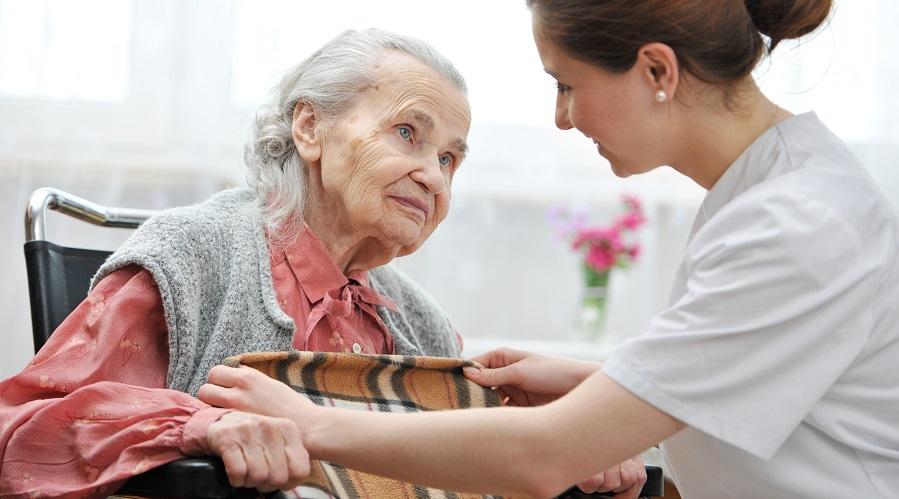
The EU is facing a shortage of carers, and the demand is growing as the population ages. Most professionals in the formal care sector are women and their working conditions are often very demanding. Heavy workloads, night shifts and low pay characterise their work. These factors will not attract more people to a sector that is already overburdened and under-resourced. EIGE’s new report on gender equality and long-term care highlights why Europe needs to care more about care.
“Covid-19 has shown how essential carers are to the well-functioning of society and the economy. During the pandemic, people showed their appreciation for care workers by clapping nightly across the EU. But we must also recognise the value of care work by increasing wages and improving working conditions. These measures could also attract more men to work in the sector – making it more gender-balanced,” said Carlien Scheele, EIGE’s director.
The shortage of home-based long-term care services mean that women often pick up the burden of unpaid care at home. This limits their career opportunities and earning potential. Children are also involved in caring for family members - girls more often than boys. Caring for adult family members means that children might miss out on opportunities to live a normal life and socialise with people their own age.
Cost is a major reason why many people cannot access long-term care services. It affects over half (52%) of the households in the EU who would need this kind of care. People with low incomes, low qualifications, migrants and ethnic minority women have more difficulties accessing long-term care services.
Women live longer than men and are more likely to experience difficulties in their everyday activities due to health problems, especially as they get older. This is why they need long-term care more than men. 52 % of women and 45 % of men aged 65 and above experience limitations in their daily lives.
The European Pillar of Social Rights endorses everyone’s right to affordable and good quality long-term care services, especially home care. The option to have care provided at home is more cost-effective and offers better care solutions, compared to institutionalised care. More importantly, it gives people a better quality of life, allowing people to make decisions about their lives and stay in their own homes.
For media enquiries, please contact Veronica Collins, phone: +370 5 2157 449, veronica.collins@eige.europa.eu
Further reading
Report: Gender equality and long-term care at home